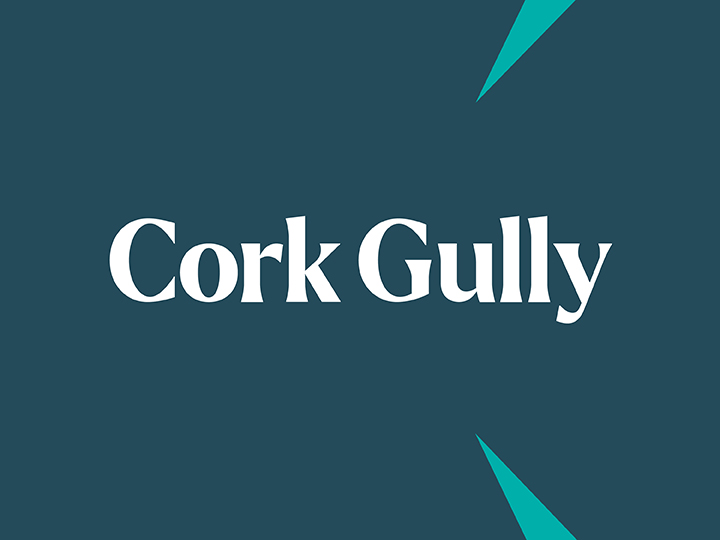Finding the Path to Financial Recovery: Informal Workout Strategies
Steps for an informal workout can be followed by businesses facing financial distress or challenges, without involving a formal insolvency process. These suggested guidelines are intended to provide a structured approach to addressing financial difficulties and working towards a resolution. Here are some informal workout guidelines:
- Assess the situation by conducting a comprehensive assessment of the financial situation and the business's cash flow, profitability, debt levels, and overall solvency. Identify the key challenges and areas that require immediate attention.
- Establish open and transparent communication channels with creditors, lenders, suppliers, and other stakeholders. Inform them about the financial challenges being faced and express the commitment to finding a solution. Discuss the possibility of restructuring or modifying existing agreements to create more favourable terms.
- Implement effective cash flow management practices to optimise cash inflows and outflows. This includes closely monitoring and managing accounts receivable, accounts payable, and operating expenses. Explore opportunities to negotiate extended payment terms or discounts with suppliers, and incentivise prompt payment from customers.
- Engage in discussions with creditors to negotiate more favourable terms for outstanding debts. This may involve extending repayment periods, reducing interest rates, or temporarily suspending payments. Aim to reach mutually beneficial agreements that alleviate immediate financial pressure.
- Review all aspects of the business to identify areas where costs can be reduced without compromising essential operations. This could involve reducing discretionary spending, renegotiating contracts, optimising inventory levels, or streamlining processes to increase efficiency.
- Focus on revenue-generating activities to improve cash flow. Explore opportunities for expanding customer base, developing new products or services, or enhancing marketing efforts to attract more customers. Consider partnerships or collaborations that can drive additional revenue streams.
- Consult with financial advisors, turnaround specialists, or industry experts who have experience in dealing with financial distress. They can provide valuable insights, guidance, and recommendations based on their expertise.
- Regularly monitor the progress of the informal workout plan and make adjustments as necessary. Stay agile and be willing to adapt strategies based on changing circumstances or new information. Keep stakeholders informed about the progress and involve them in decision-making when appropriate.
- Consider alternative financing options to improve liquidity and support the recovery process. This could involve seeking lines of credit, discounting receivables, or exploring government assistance programs or grants that are available for businesses facing financial challenges.
- While addressing immediate financial difficulties is crucial, also keep the focus on long-term sustainability. Develop a realistic and achievable business plan that outlines strategies for growth and profitability beyond the financial distress period.
It’s important to note that these informal workout guidelines provide general principles and may vary depending on the specific circumstances and legal requirements in different jurisdictions. Seeking professional advice from legal and financial experts is recommended to ensure compliance and maximise the chances of a successful informal workout.
"Informal workout strategies, where creative solutions, open communication, and collaborative negotiations pave the way to revitalising the business"
